Articles containing: family
Parents Under Pressure: A Response to the Recent U.S. Surgeon General’s Advisory on the Mental Health
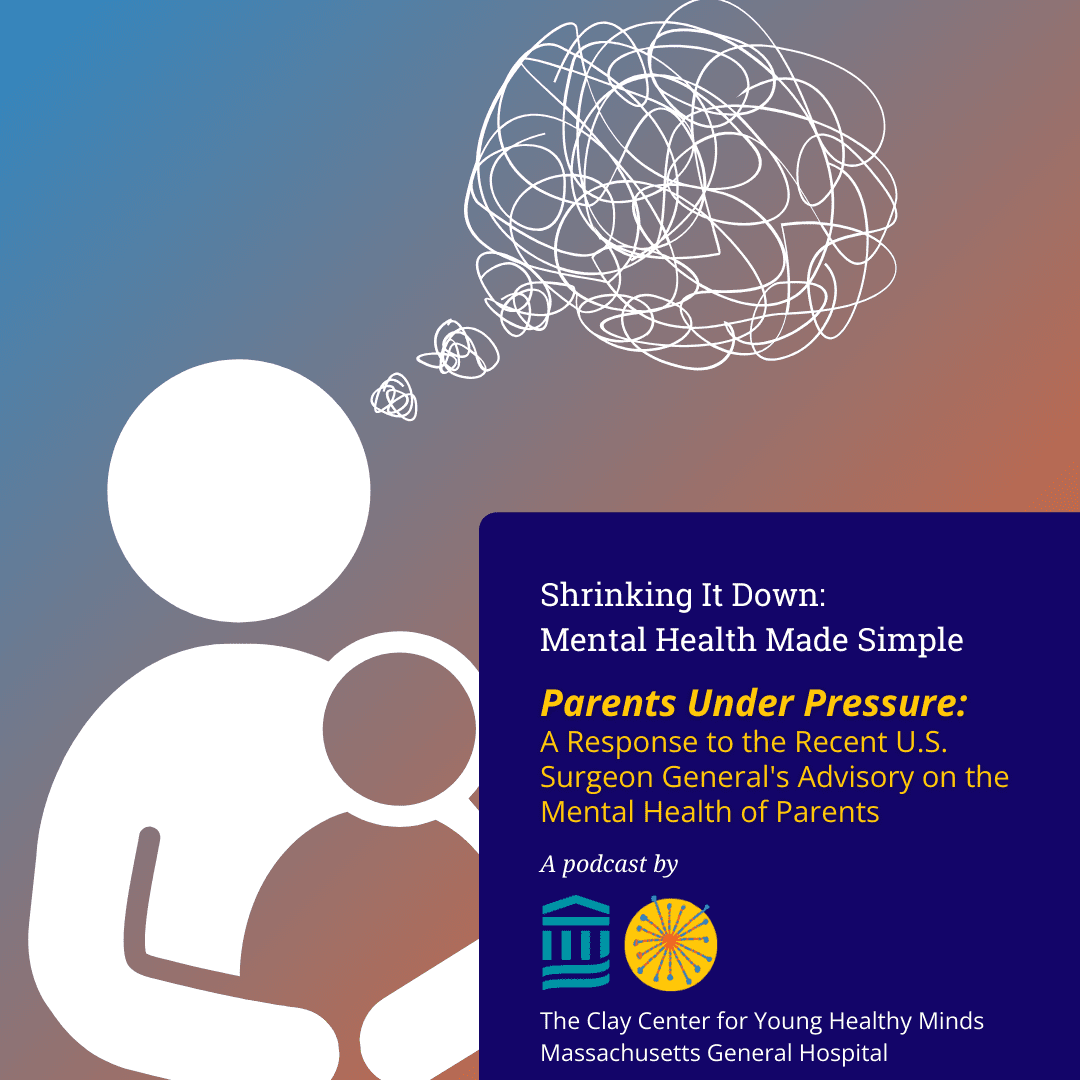
In the recent Advisory, Parents Under Pressure, the US Surgeon General noted that parents are currently more stressed, burned out, and lonely than ever before. The alarming statistics are not all that different than his Advisories on the Youth Mental Health and Loneliness Epidemics that have been escalating since the late 1970s.
Supporting Youth in a World Riddled by Conflict
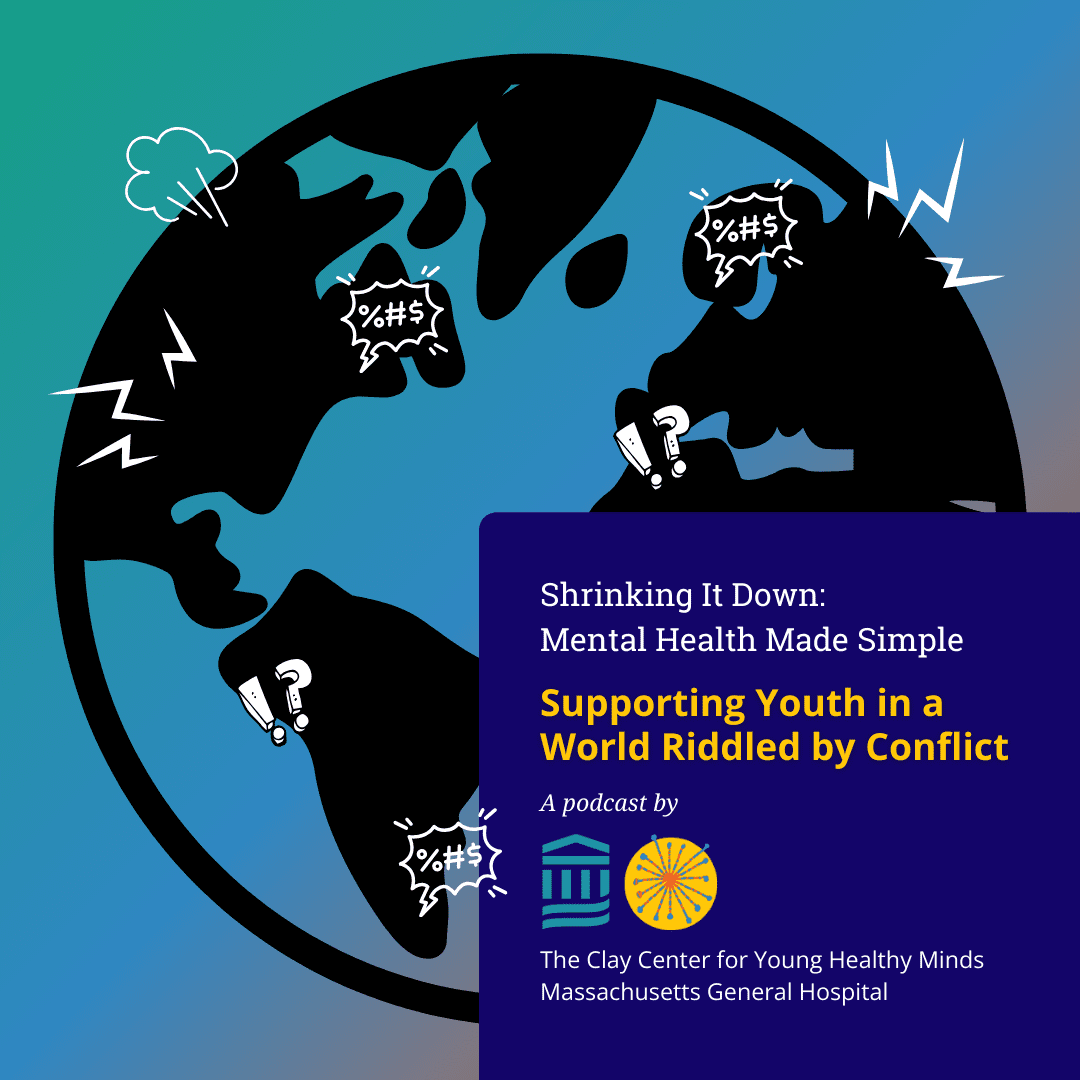
Let’s be honest, we’re all stressed.
We’re stressed about climate change, world crises, the upcoming election, or even just the common stressors of everyday life: economic pressures, relationship issues, burnout, you name it. So, with all stress, our conversations can easily become more uncivilized.
Nurturing May – Mental Health Month
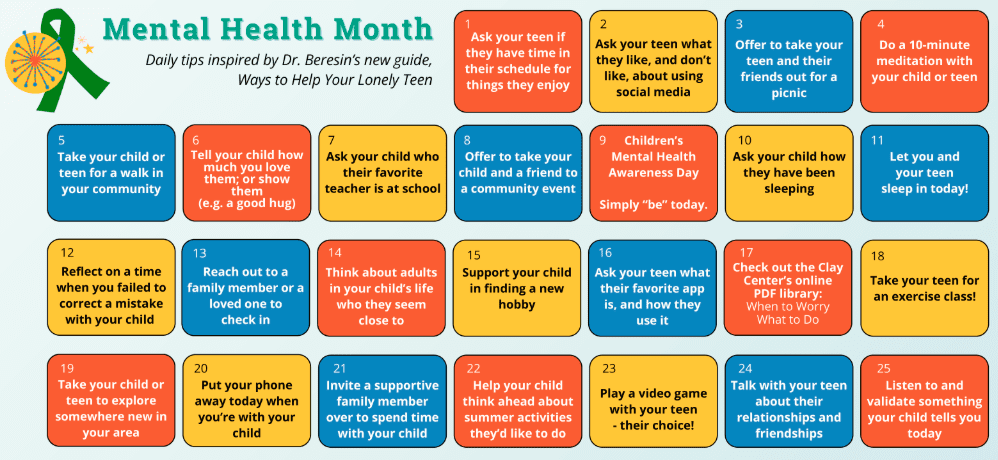
May is Mental Health Awareness Month! This year, our May calendar is inspired by our new guide Ways to Help Your Lonely Teen by Dr. Gene Beresin. He shares actionable, practical advice to help caring adults prevent and lessen loneliness and isolation in children, teens, and young adults.
Manejo de la ira: cómo ayudarlo a usted y a sus hijos a mantener el control
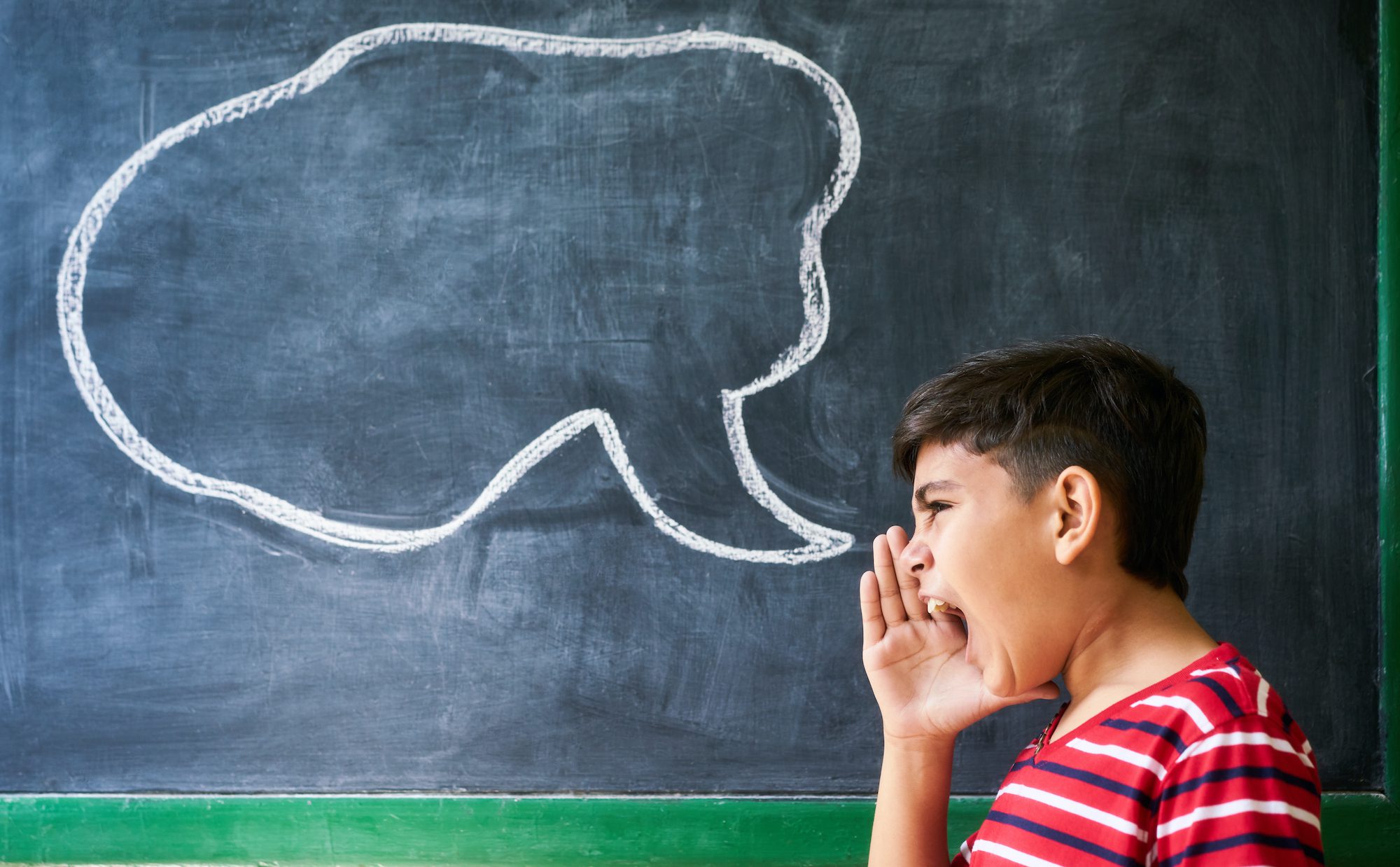
Todos se enojan de vez en cuando, tanto los padres como los niños.
La ira es una emoción normal que forma parte de la respuesta de “lucha o huida” . Esto significa que es una emoción que nos informa que algo en nuestras vidas es amenazante, frustrante, perturbador o injusto.
Coping With Holiday Stress: 11 Parenting Tips

For many, the holidays are anticipated as idyllic. A long awaited time to connect with family and friends, share memories, play games, watch familiar movies (we all have our favorites – Home Alone, Harry Potter, Elf, It’s A Wonderful Life – you know yours), watch sports, cook together.
The Art of Civil Conversations: 9 Parent Strategies
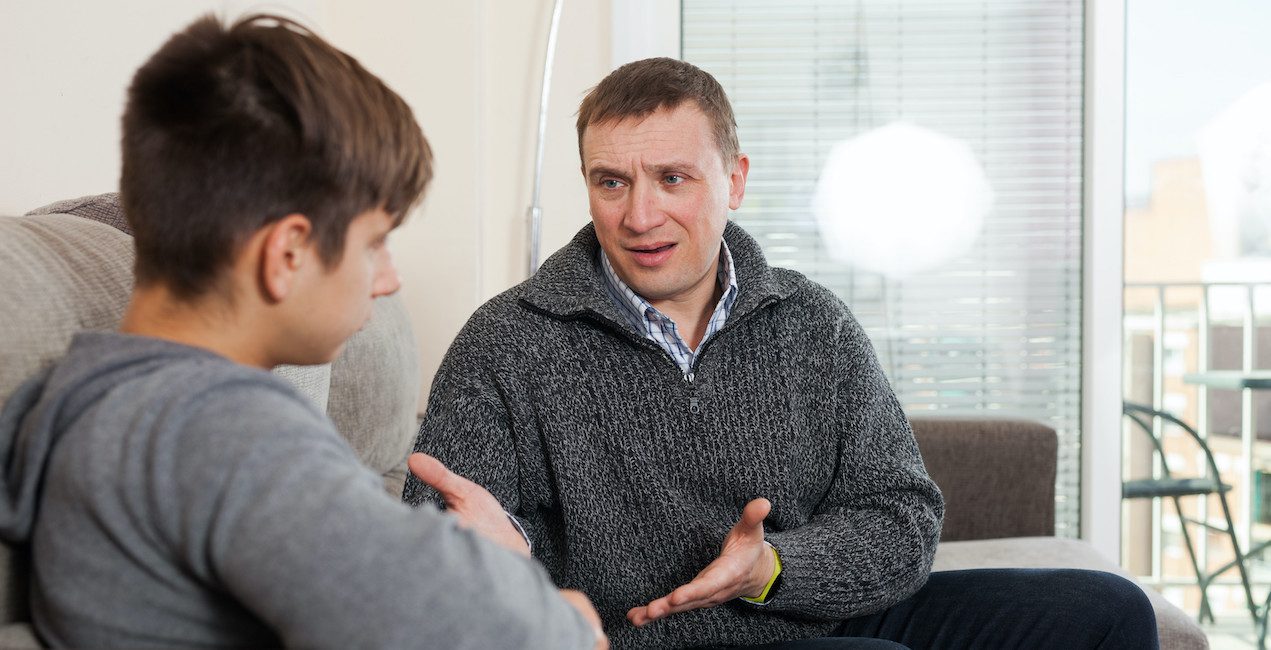
Are you an educator? You may be interested in our Conflict Resolution Curriculum for students. Learn more here.
“Are you out of your mind? You’re not old enough to go to a climate change demonstration. What do you even know about the climate? Besides, we’re in the middle a pandemic.
How Do We Heal From Here? A Guide for Families and Our Nation

I cannot think of a time in recent history when our nation was more polarized, and resentment and anger so pervasive. One thing we know, though, is that our kids and teens are watching, picking up on, and asking questions about the intensity of it all. There are calls for unity and healing almost everywhere we turn.
Q+A: My 9-year-old grandson often feels that his younger brother gets more attention than he does. How can I help him feel that he’s getting the same amount of time and attention?
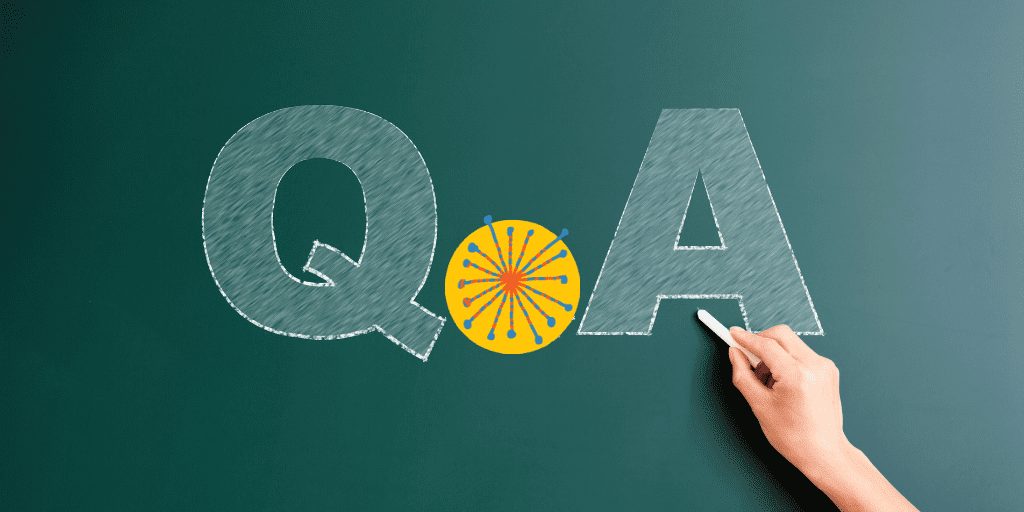
For answers to more caregiver questions about responding to kids’ big emotions in a healthy way, tune in to our “Ask Ellen” Q+A with Dr. Ellen Braaten.
My 9-year-old grandson often feels that his younger brother gets more attention than he does.
How Do We Heal From Here? – Shrinking It Down
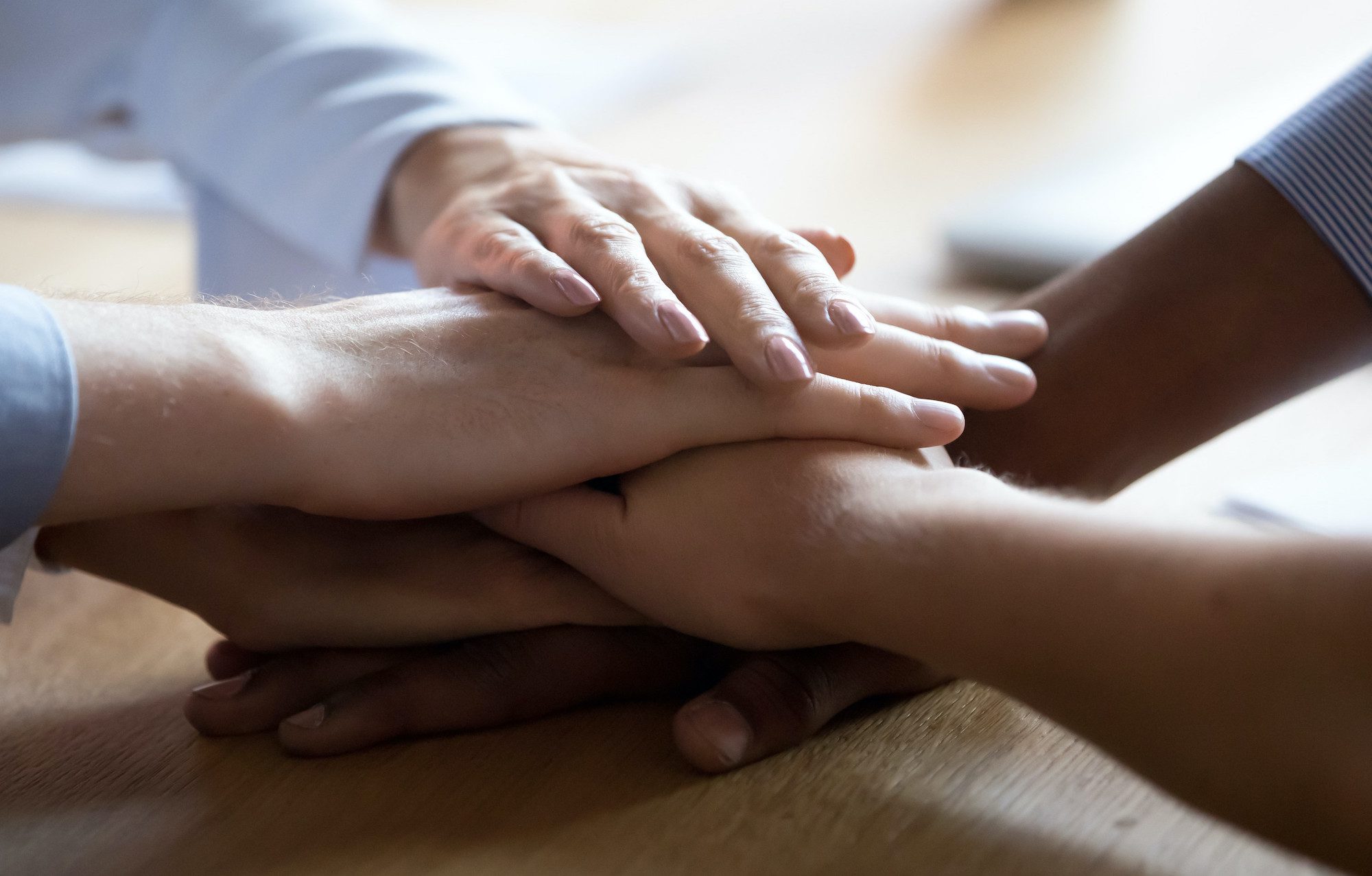
When the body is injured, it begins the healing process despite the ongoing physical injury. Our minds should be no different. Right now – amidst a pandemic, economic strain, political tension, rising mental illness, and more – we are desperately in need of emotional healing, despite the many challenges ahead.
Q+A: My kids are 8 and 5 years old. How can I teach them executive function skills?

Question: My kids are 8 and 5 years old. How can I teach them executive function skills?
Dr. Braaten’s Answer:
Younger children aren’t really ready to have strong executive function skills, which include the ability to plan, think ahead, and remember what they are supposed to be doing.



